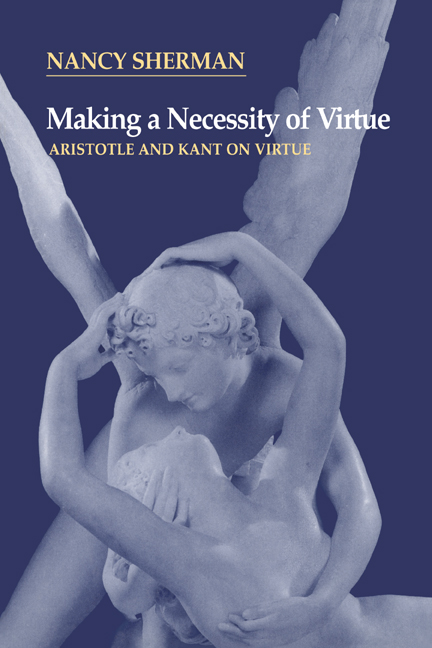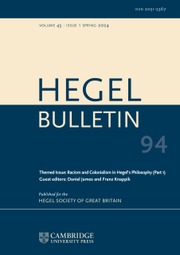Aristotle, Kant, and the Stoics
This major collection of essays offers the first serious challenge to the traditional view that ancient and modern ethics are fundamentally opposed. In doing so, it has important implications for contemporary ethical thought, as well as providing a significant re-assessment of the work of Aristotle, Kant and the Stoics. The contributors include internationally recognised interpreters of ancient and modern ethics. Four pairs of essays compare and contrast Aristotle and Kant on deliberation and moral development (John McDowell and Barbara Herman), eudaimonism (T. H. Irwin and Stephen Engstrom), self-love and self-worth (Jennifer Whiting and Allen Wood), and practical reason and moral psychology (Julia Annas and Christine Korsgaard). The final pair of essays introduces the Stoics as an example of how the apparently antithetical views of Aristotle and the Stoics might be reconciled (John Cooper and J. B. Schneewind).
- The only collection that compares and contrasts the work of Aristotle, Kant, and the Stoics
- Very 'hot' topic in philosophy where everything on Aristotle or Kant sells
- Distinguished group of contributors, including several Press authors
Reviews & endorsements
'Importantly, old stereotypes, or conventional wisdom, about the differences between ancient and modern ethics, especially between Aristotle and Kant, are challenged, exposing possible unities (and historical influences) that tradition has overlooked. However, superficial similarities are also probed and sometimes shown to mask deep remaining differences. The papers call attention to, as well as represent, a quite remarkable contemporary revival of important philosophical/scholarly treatment of the history of ethics, and the authors are, without exception, major players in this movement.' Thomas E. Hill, Jr, University of North Carolina, Chapel Hill
Product details
June 1998Paperback
9780521624978
324 pages
228 × 152 × 30 mm
0.529kg
Available
Table of Contents
- Part I. Deliberation and Moral Development:
- 1. Deliberation and moral development in Aristotle's ethics John McDowell
- 2. Making room for character Barbara Herman
- Part II. Eudaimonism:
- 3. Kant's criticisms of Eudaimonism T. H. Irwin
- 4. Happiness and the highest good in Aristotle and Kant Stephen Engstrom
- Part III. Self-Love and Self-Worth:
- 5. Self-love, self-benevolence, and self-conceit Allen W. Wood
- 6. Self-love and authoritative virtue: Prolegomenon to a Kantian reading of Eudemian Ethics VIII 3 Jennifer Whiting
- Part IV. Practical Reason and Moral Psychology:
- 7. From duty and for the sake of the noble: Kant and Aristotle on morally good action Christine M. Korsgaard
- 8. Aristotle and Kant on morality and practical reasoning Julia Annas
- Part V. Stoicism:
- 9. Eudaimonism, the appeal to nature, and 'Moral Duty' in Stoicism John M. Cooper
- 10. Kant and Stoic ethics J. B. Schneewind.







